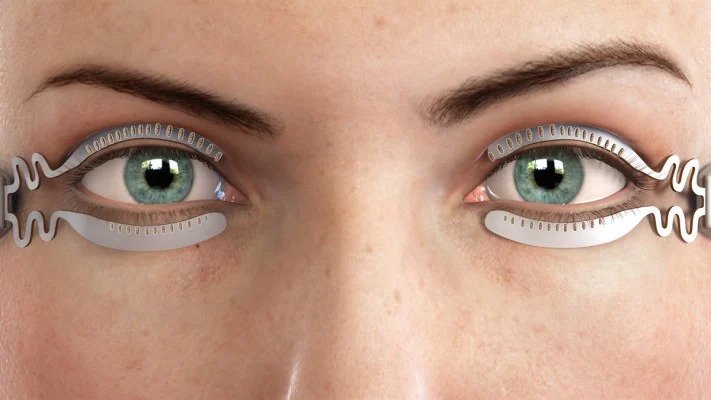
Sight Sciences, Inc., an eyecare technology company focused on developing and commercializing innovative, interventional technologies that elevate the standard of care, announced that a new study titled, Impact of TearCare on Reading Speed in Patients with Dry Eye Disease, has been published in the peer-reviewed journal Clinical Ophthalmology.
Key study findings reported in the study manuscript include:
“A large portion of the patients I see in my practice experience significant issues from their dry eye disease. The disease can impact their quality of life and when it goes untreated patients can have reduced visual function,” said Preeya K. Gupta, MD, senior author and Director of Triangle Eye Consultants. “We are very pleased that this study demonstrated how a single in-office intervention with TearCare addressed the visual dysfunction associated with dry eye disease.”
This prospective single-center study evaluated the impact of TearCare treatment on clinical, vision-related quality of life, and functional visual outcome metrics in patients with meibomian gland disease (“MGD”) associated DED. The findings suggest patients who underwent a TearCare treatment exhibited improvements in vision-related quality of life and improved reading speeds after a single treatment. The study suggests that this interventional dry eye treatment should be considered and utilized to reduce the disease burden of MGD associated DED.